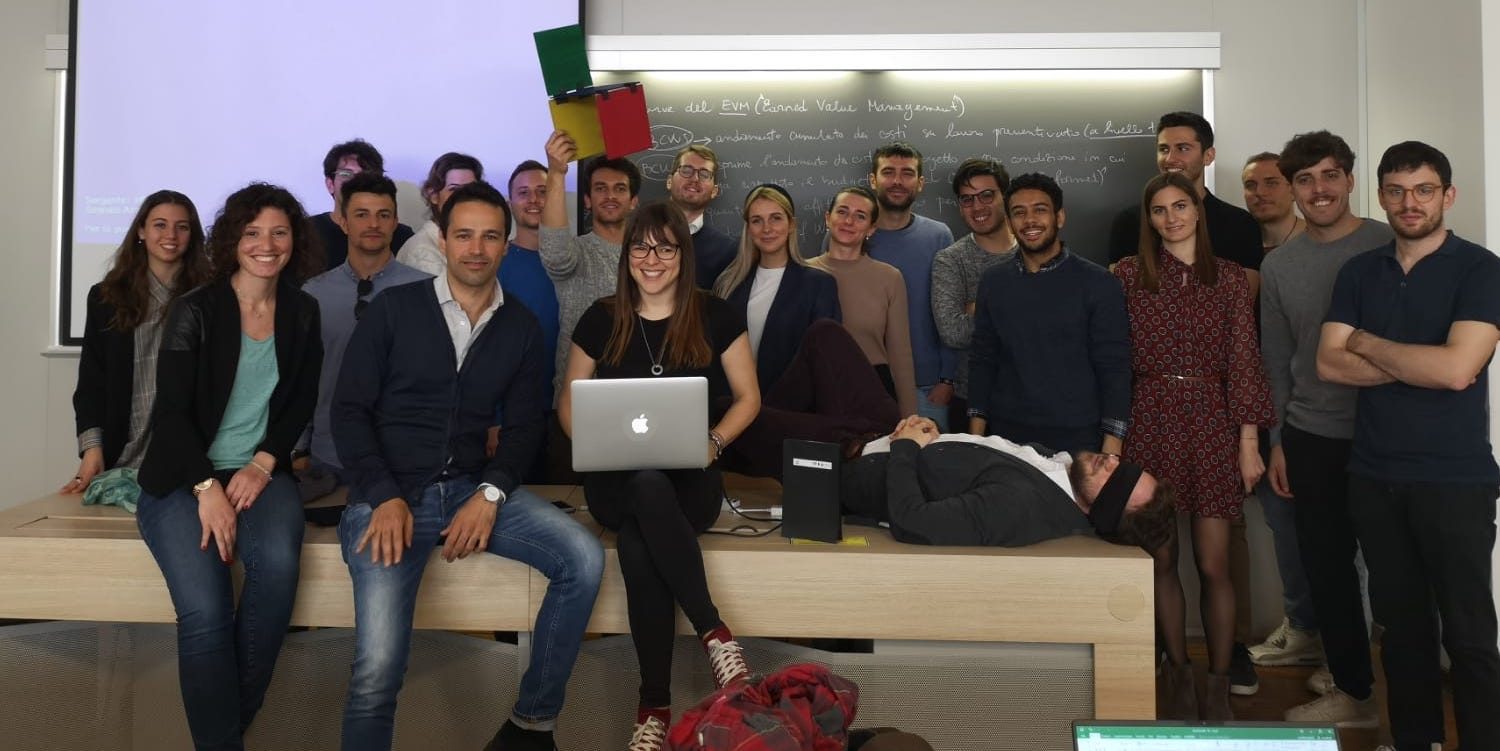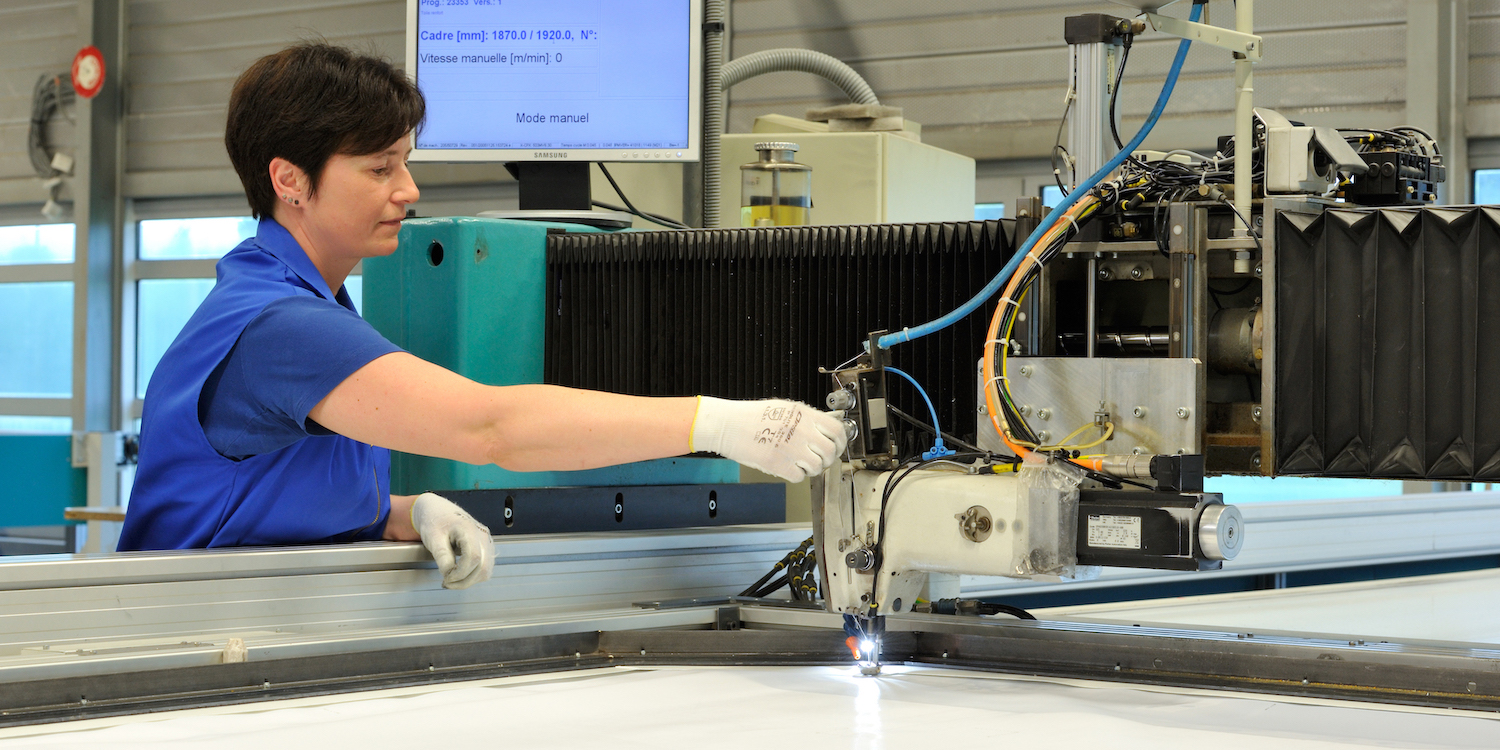
The community and the individual
COLUMN – As individuals, how do we relate to the Lean Community? And what motivates us to stubbornly continue down the improvement path, often against all odds?
Words: Peter Willats, lean coach
This is a talk that Peter has recently given at a lean conference. The original has been slightly adapted
I have worked in this field for many years, starting in the mid-80s. That was before there was a Lean Community; actually, it was before the term “lean” was even used. Over this time, like all of us, I have had many struggles, many failures and a few successes.
As I look back and reflect on the idea of change and improvement, I am left asking one question (one that I think we should all ask): why do we care? Why do we bother?
Remaining the same is our natural state as human beings. Our bodies are regulated by homeostatic systems (core temperature, blood oxygen content, etc) that keep us functioning in a narrow band. More prosaically, we like to put our feet up, get out the pipe and slippers and not to rock the boat. To have the easy life at work, home and play.
So why are we lean thinkers different? What is our motivation? I cannot presume to know or to speak for each of you, but here are some reflections from my own experience.
First, at the heart of lean thinking are processes and the control of processes. Through our work we establish some order out of chaos, quality by design rather than by constant reaction. At a critical point in my own development, when I was a director of GKN Automotive in my mid-thirties, I realized that we were not running the company but rather running after the company. I resigned as a result. So maybe some notion of control was part of the motivation.
Secondly, when we talk of improvement, we refer mainly to the development of human capability as well as the process and the related results. Underlying this is the idea of moving towards some better or ideal state. This is almost identical to the rationalist/humanist view of progress and it may even include the idea that our activity, like humanity itself, has a purpose. For many of us, this is a comfortable thought and can serve as a motivation.
Finally, and more darkly, once we develop lean insights, we can see what others don’t; we can bring remedies that are not accessible via conventional thinking. This puts us in the position of the insider, the one who knows better. This, too, can be a source of motivation.
This led me to ask myself how our individual search for motivation and meaning interacts with our community. Let’s explore this.
As a movement, we have a need to establish a set of core principles we can coalesce around. But how to stop these becoming a dogma? How do we prevent people working with them from becoming preoccupied with the number of types of waste or the question whether stability comes before flow? With matters of heresy, apostasy or schism.
One of the advantages of lean is its apparent simplicity, which makes it accessible and explains some of its widespread adoption and success. Yet, there is a risk that this simplicity could degenerate into personal adherence to a fixed set of beliefs.
Luckily, there are reasons for optimism: we are fortunate that our leaders are not vain and have consciously avoided aligning the lean movement closely around their own person. We have neither holy texts nor holy people.
But the real hope lies in one of our fundamental tenets, namely the practice of discovery through experimentation, the scientific method of observation, hypothesis, experiment, evaluation and adjustment - PDCA. This is our basic way of proceeding and is the part of our dogma that prevents us from being dogmatic. Each of us, while drawing on the common good of our shared principles, is required by the very same principles to “go forth and add” to our body of knowledge.
Another topic where the lean community and the individual relate is what I call ‘Self and other’. Lean is primarily about the development of human capability. Through our lean practice, our own capability and confidence grow as we help others to develop theirs. This experience can be so strong that our lean capabilities can come close to being an identity, that we become self-absorbed. I find that the notion of the lean sensei as experienced in the West plays to this tendency. The community itself is a cure for this as we are supported by and support others around us, reminding us that the primary aim of lean practice is the development of others.
Many but not all connections between the individual and the community are characterized by tension, albeit a healthy one. One example is how we can take refuge in the lean community. Challenging the status quo induces stress in organisms, individuals and organizations. We choose to dwell in just such environments every day. Indeed we are the cause and focus of this stress. I have spent many years working in Germany and colleagues would sometimes refer to our work as a project or a study. I would answer, "In my experience, it is not a study, it is a struggle." Such extended exposure to stress can lead to isolation and the formation of unhelpful attitudes and habits. A community of likeminded people with similar experiences provides a refuge in which to reassure, recalibrate and recover.
And, in one way, the individual and the community are inseparable. Lean as a body of knowledge and practice is derived both historically and individually from experience. It is not axiomatic. Therefore, sharing experience improves and evolves the effectiveness of lean and here the community plays an important role. We don’t individually discover the meaning of lean, we can only give and extend its meaning by working together. After 30 years of practice I can confirm that, while simple, lean is such a rich approach that it is more than one mind alone can handle. So we depend on the community and, of course, the community depends on its constituent members.
Motivation will always be complex. Community involvement can give meaning to what we do. I freely admit that I have spent my professional life everyday wrestling with waste. And yet I don’t feel that it was a wasted life… and this is thanks to the people around me.
It is in the relationship between individual and community that lies the key to ensuring Lean Thinking remains relevant into the future, as the superior management philosophy it is.
THE AUTHOR

Read more


YOKOTEN – Lean has changed the world in many ways, even though the original vision of its founding fathers has failed to materialize. Jim discusses why, as a movement, we shouldn’t give up and review our strategy instead.


FEATURE – When it comes to the fight against climate change, we can’t expect to achieve much until we fundamentally challenge the way we think about resource consumption. Lean is our tool to do that.


FEATURE – What does it really mean to teach lean? The author reflects on this question and shares a few tips on how to successfully engage learners in different environments.


NOTES FROM THE GEMBA – It can take time to challenge our misconceptions and set off on a lean journey. Once we get it, however, it’s hard to stop the improvements, as this French company found out.

